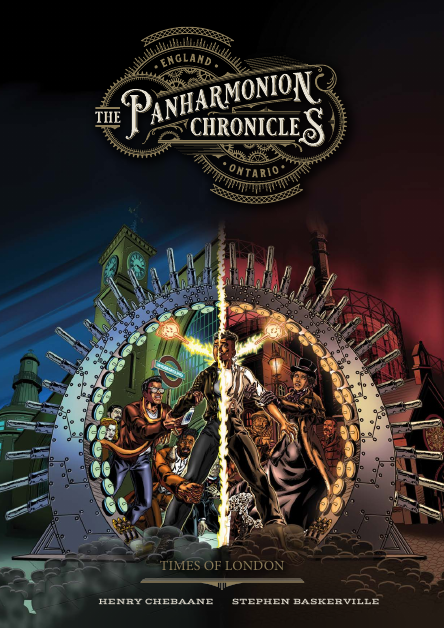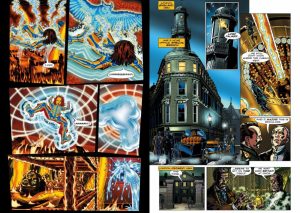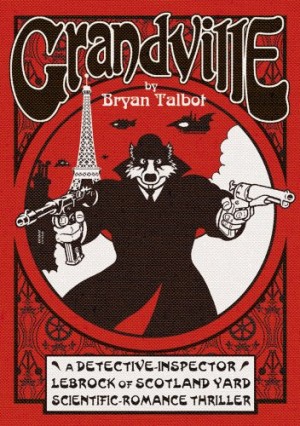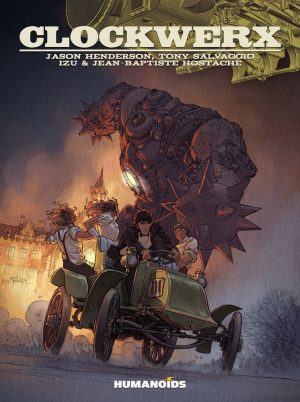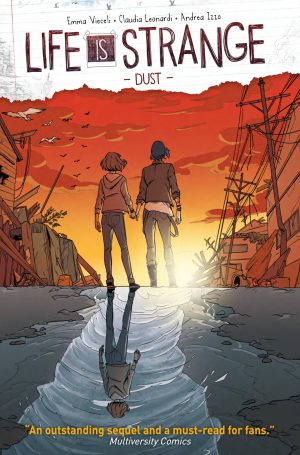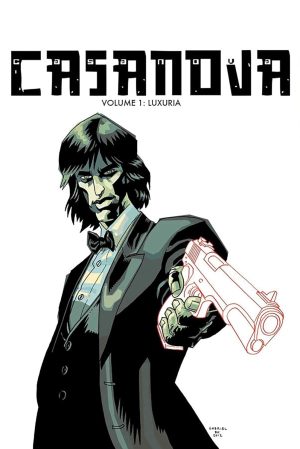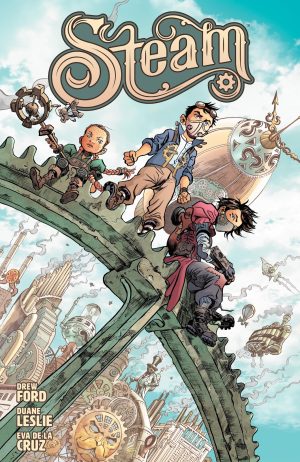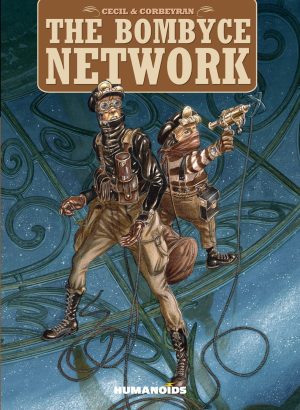Review by Karl Verhoven
Alex Campbell is an orphaned child adopted by people she comes to love as parents. In her infancy she survives a targetted attack via mysterious circumstances later forgotten, and when her parents die she inherits a large building requiring considerable restoration in a desirable area of London. Alex is considerably pressured by the UBuild development group to sell the property, and it soon becomes apparent they’re behind a string of obstacles delaying the redevelopment.
Just when we’ve come to terms with Alex’s troubles, writer Henry Chebaane takes an abrupt trip back to an advanced steampunk London in the 1880s. A scientist bemoans the withdrawal of government funding just as a step forward has “exponentially enhanced my theory of sound as an entropic force”. They’re working on teleportation, and believe a breakthrough has occurred, which it has, just not in the way they intended. Chebaane further complicates matters by also focussing on the London in Ontario in 1864, where a variation of Ubuild are also insinuating themselves.
It’s easy to become engulfed by the worlds Chebaane and artist Stephen Baskerville present. Alex and her principles in the face of entrenched establishment opposition favouring vested interests very much reflects the experience of many ordinary people in 21st century Britain. The mysteries of the alternate worlds also supply menace, but with the wild card of golden orbs affecting science, and there are enough glimpses inside Ubuild to confirm sinister intentions bolstering earlier racist comments.
Baskerville’s art is lavish with detail and period research, bringing impossible times to life convincingly. He relishes the steampunk surroundings and fiddly machinery, and the locations are rich throughout, but the people are sometimes pictured in exaggerated poses uncalled for by their circumstances, and the movement of action isn’t a strength. On the plus side, the cast are easily distinguished from each other, meaning they don’t spend the entire story in the same clothes. Well, some do, but black is so slimming.
Sections where Chebaane wants to pack in a lot of information can make for dense reading, and he’s not one for curtailing a conversation, with genetic heritage a recurring interest. Nor is he able to resist further extending an already long conversation to pack in a smart musical reference that much of the audience won’t pick up on. It’s a distraction as the technological background is complex, yet really needed explaining a little more simply and concisely. There’s an awareness on Chebaane’s part, as one of his characters frustratedly spouts “Good grief, man! In plain English, please”. For all that, he’ll have you hooked with Alex’s story and a lot of thought has been applied to that background as it leads to a suitably apocalyptic finale and subsequent cliffhanger foreshadowing Book Two.
Times of London ends with Baskerville’s designs and the photographs used as reference, showing how they’re incorporated as locations. It’s an entertaining ride, with the continuation welcome.
Only the digital version is available via Amazon, but many independent booksellers stock the physical book. Alternatively why not order direct from SupaNova Media?
